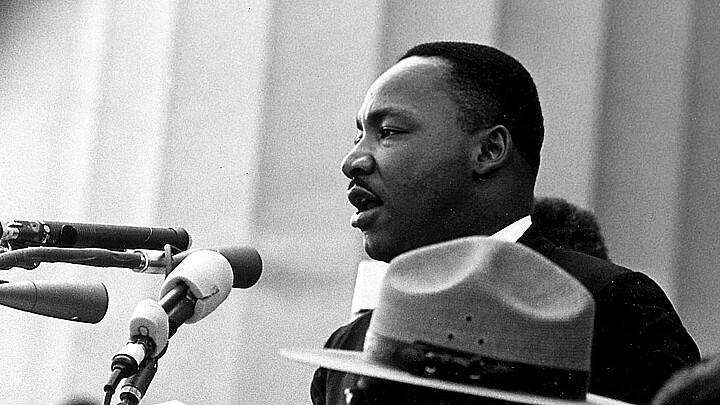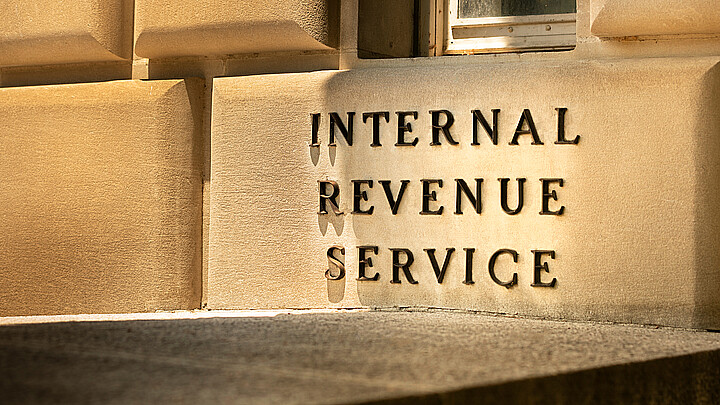Opinion & Reviews
Opinion: Tax reform will make Iowa more competitive
The 2022 legislative session has come to a close and soon enough, Iowans will start to see tangible results. Important updates to child care and workforce development laws will make it easier for Iowans to successfully participate in the economy.

June 10, 2022 1:30pm
Updated: February 13, 2023 1:56pm
The 2022 legislative session has come to a close and soon enough, Iowans will start to see tangible results. Important updates to child care and workforce development laws will make it easier for Iowans to successfully participate in the economy. However, the signature issue that surpassed other achievements was tax reform.
We currently rank 38th out of 50 states in both corporate and individual tax climates. As we look to grow Iowa’s population, modernizing our tax system is critical to making Iowa a more attractive place to live and do business.
The bipartisan bill Governor Reynolds signed into law includes a thoughtful approach to reducing tax rates designed to provide strategic guardrails that will ensure these changes are made responsibly over time. The steps allow a gradual reduction - providing a safety net that alternative immediate reductions would have lacked.
The law will phase individual tax rates down to 3.9% by tax year 2026. It also eliminates income tax on retirement income. When people consider this new rate alongside Iowa’s already low cost of living, these changes will help make the decision to live and work in Iowa much easier.
Reforms to Iowa’s corporate tax code were also sorely needed. Presently, our rates are the third worst in the country at 9.8%. The new law takes a measured approach to reducing the corporate tax rate.
For every fiscal year in which net corporate income tax receipts exceed $700 million, the surplus will be used to buy down the current top rate. Following the close of the fiscal year, the Department of Revenue will determine the new top corporate income tax rate and apply it effective January 1 of the following tax year. New top rates will be determined each fiscal year until a uniform 5.5% corporate income tax rate is achieved. Once the rate is capped, excess tax revenue beyond $700 million will go into the state’s general fund.
Lawmakers had the unique opportunity to update Iowa’s tax code so it is more competitive for everyone. They delivered on this challenge. The bipartisan tax law will strengthen Iowa’s economic climate by providing a simple, transparent, and stable tax structure. In turn, it will drive the attraction and retention of critically needed talent across the state.
Joe Murphy is executive director of the Iowa Business Council










